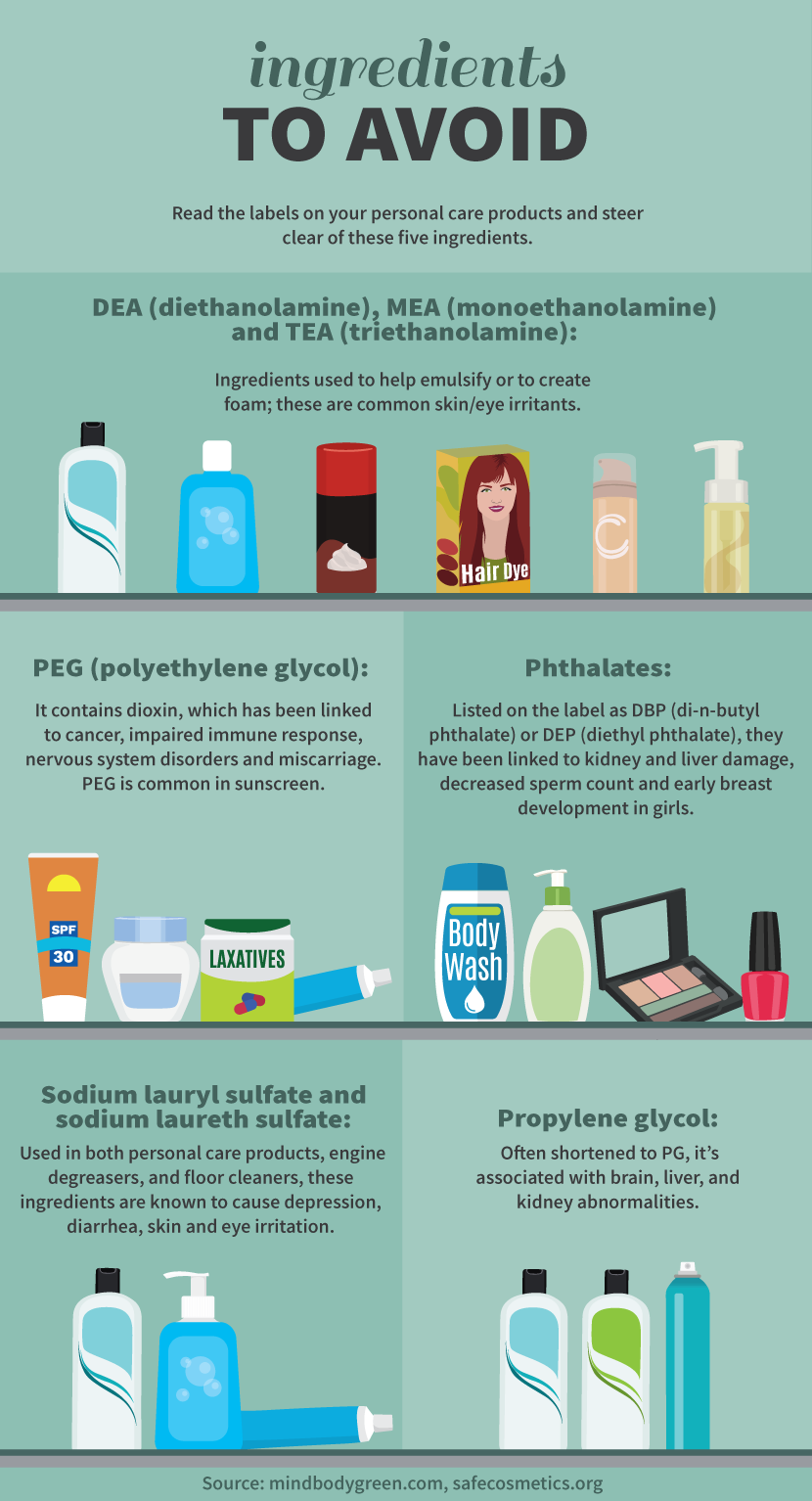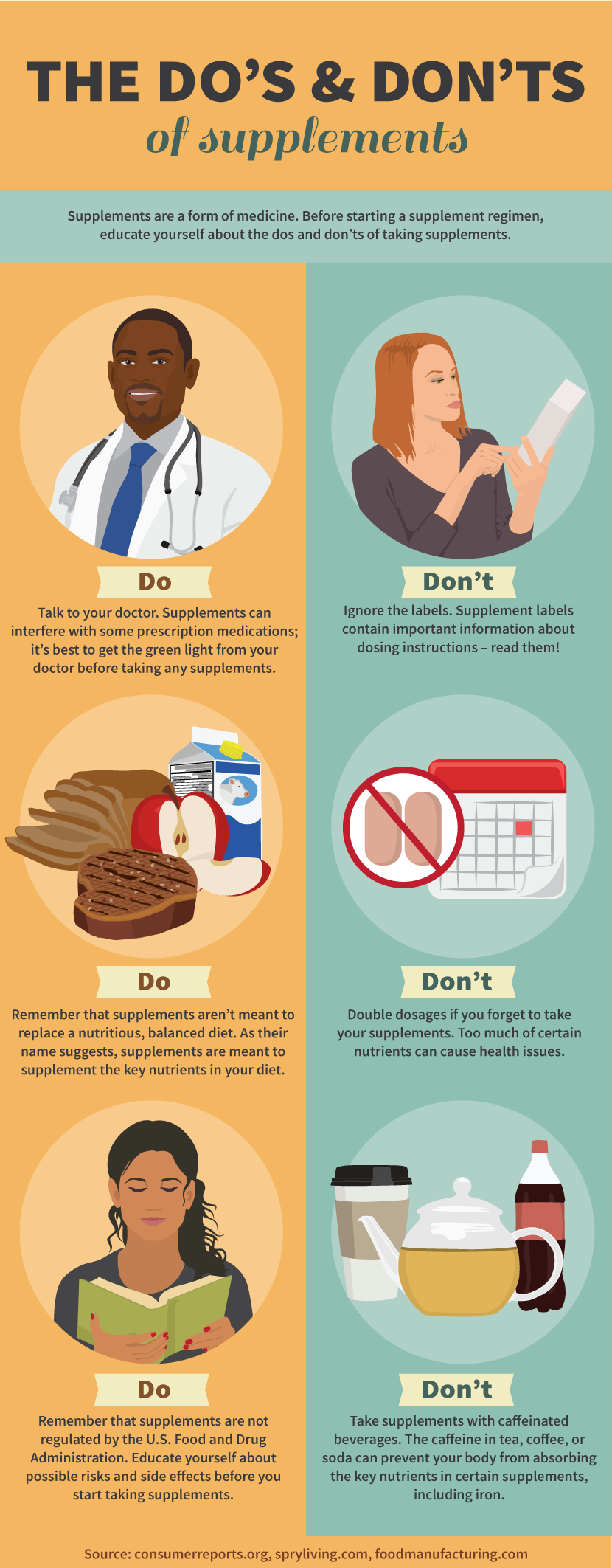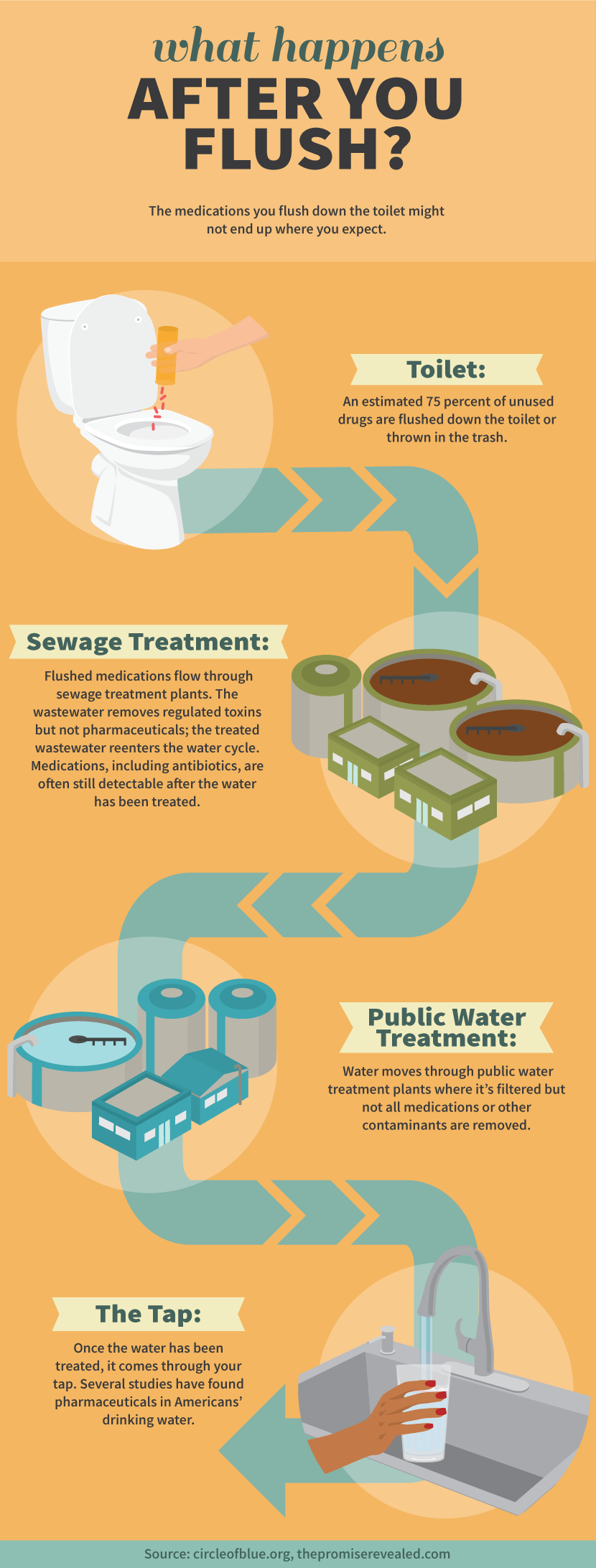Green Your Medicine Cabinet
The Best Ways to Select and Dispose of Medication
You probably don’t give much thought to the bottles of prescription medications and over-the-counter pain relievers, tubes of personal care products, and stockpile of first-aid items hiding in your medicine cabinet.
But the products you rely on to look and feel great could be taking a toll on your health and the health of the planet.
You need health and beauty products to look and feel your best. Instead of buying – and using – popular brands from drugstore shelves, consider swapping out some of your go-to formulations for safer alternatives.
With a little effort, it’s possible to minimize the health and environmental impacts of your medicine cabinet staples.
Read the labels: From shampoo and hair coloring to toothpaste and body lotion, all the personal care products in your medicine cabinet have labels listing their ingredients.
It’s the law. Before applying products to your skin (where the formulations penetrate the barrier and get into your bloodstream), read the labels to understand what you’re using.
Look for products with “red flag” ingredients like parabens (listed on labels as propyl paraben or butyl paraben), which are endocrine disruptors linked to breast cancer and reproductive issues,
and formaldehyde (listed as DMDM hydantoin and diazolidinyl urea), which can trigger allergic reactions. Personal care products like toothpaste and antibacterial soap may also contain triclosan, another endocrine disruptor
that can create antibiotic-resistant bacteria.
Triclosan also gets into waterways, where it has a negative impact on aquatic life.
Unfortunately, even products that seem safe can contain powerful toxins thanks to a loophole in the federal guidelines that doesn't require manufacturers to disclose the ingredients in their fragrances.
It’s okay to buy products that have a scent, just make sure it’s from a natural source. In other words, opt for vanilla essential oil over vanilla fragrance.

Stock up on supplements: Many common over-the-counter medications cause side effects. Medications like ibuprofen and acetaminophen, for example, have been associated with symptoms such as upset stomach, heartburn, diarrhea, and high blood pressure.
Instead of suffering from symptoms or side effects, swap conventional drugs for natural alternatives like supplements and essential oils.
Exchange non-steroidal anti-inflammatory drugs (NSAIDS) like ibuprofen and acetaminophen for turmeric (Curcuma longa), an herb shown to reduce inflammation and alleviate digestive issues;
trade over-the-counter allergy meds for a supplement containing quercetin, rutin, and vitamin C to quell sneezing and sniffling; and use elderberry extract to fight the flu.
In one study, elderberry was more effective than the prescription flu medication Tamiflu at shortening the duration of the H1N1 virus.
These are great medication replacements to keep in your medicine cabinet because they tend to work really well and they have no side effects.

Dispose responsibly: It’s a bad idea to flush unused or expired medications down the toilet because the active ingredients can contaminate the water supply.
A 2013 study published in Environmental Pollution looked at samples from 50 water treatment plants across the United States and
found that more than half tested positive for at least 25 different drugs, including antidepressants, NSAIDs, and medications for high blood pressure.
Instead of flushing, crush up unused medications and mix them with coffee grounds or cat litter before tossing them in the trash in a sealed container. The goal is to remove the temptation for someone to raid the trash to use these medications.
If you’re not comfortable putting medication into the waste stream, contact your local police precinct or pharmacy to ask about medication take-back programs that allow you to drop off unused or expired medications for proper disposal.

Make smart swaps: Your medications and personal care products aren’t the only things that need a second look.
Mercury thermometers are no longer available for sale (thermometers containing the heavy metal were phased out in 2011), but that doesn’t mean there isn’t a vintage version in the back of your medicine cabinet.
If the glass breaks and mercury is released into the air, the vapors can cause health issues ranging from mood swings to lung damage. It’s also a serious environmental toxin.
Not sure if you have a mercury thermometer? Look at the liquid. In a mercury thermometer, the liquid is silver; alcohol-based versions contain blue or red liquid (and digital thermometers have no liquid at all).
If you have a mercury thermometer, call your waste disposal company for instructions for proper disposal. Do not throw it in the garbage!
Some of the other products you use daily could be taking an unexpected toll on the environment by creating excess waste.
Consider swapping cotton balls for reusable cotton pads or washcloths, and trade plastic razors and toothbrushes for brands made from recyclable materials.
Some cosmetics companies, including Lush, which makes cruelty-free beauty products using organic fruits and vegetables, reward customers for recycling. At Lush, you can return five of their empty containers in exchange for a free product.
Giving your medicine cabinet a makeover is a simple way to have a significant positive impact on your health and the environment.
Embed the article on your site

